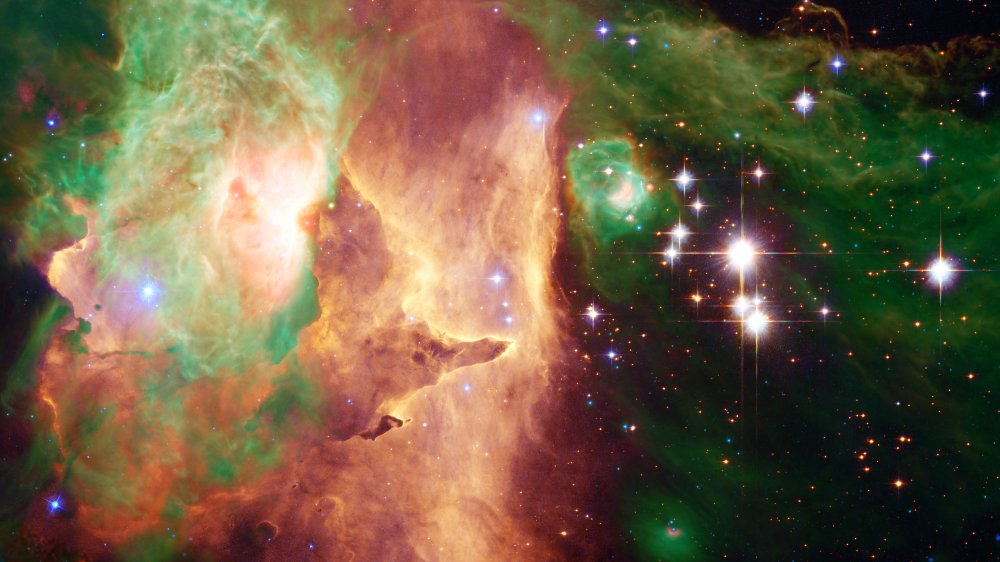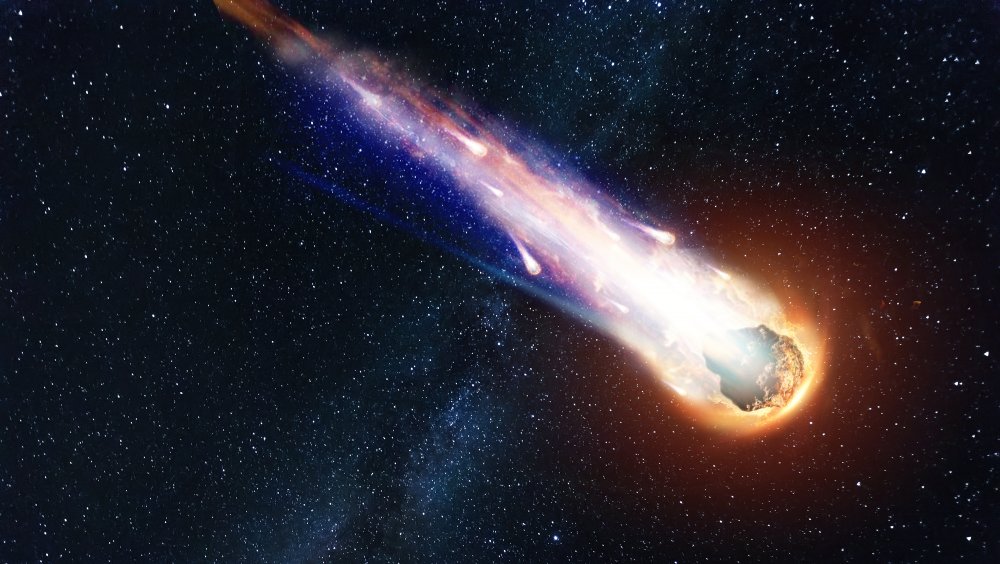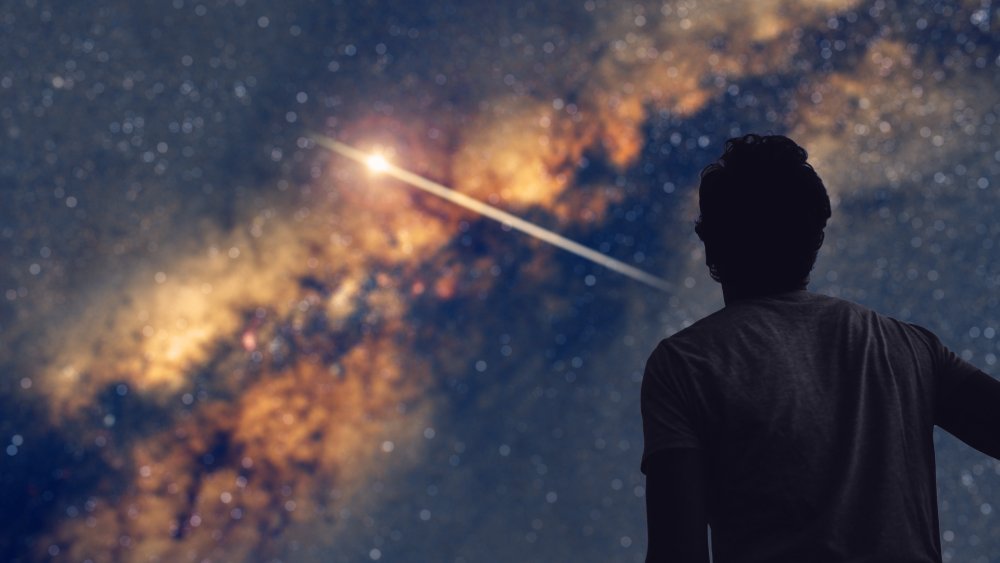'Solid Stardust' Is Oldest Material Found On Earth
Quick question: what's the oldest thing on the planet Earth?
Hey, you in the back, stop with the silly "your grandpa" jokes! Before humankind, the dinosaurs, and even the world's first lifeforms, there was the sun. Believe it or not, though, scientists have discovered stardust, here on Earth, that actually predates the sun itself, according to CNN, meaning it's over 4.6 billion years old. Ancient aliens, right? Nah, nothing quite that insane, but these prehistoric particles have definitely got people talking.
Before the beginning, before there was light, there were ... presolar grains?
Meteorites have been smacking into the Earth for a long time, even if they were once a real phenomena that people considered fake. Back on 11:00 AM in 1969, though, a particularly old meteorite came roaring over the town of Murchison, Australia, according to Smithsonian, scattering its pieces into hay bales and rooftops. Riding atop these meteorite fragments was ancient stardust, and in a 2020 study, scientists dated one of these grains as being approximately seven billion years old. That renders this little speck of cosmic debris as, in fact, the most ancient solid material on the entire planet. Groovy.
Because the stardust found on this meteorite is older than the sun (literally), it is referred to as presolar grains. To properly date these things, the experts measured the impact of cosmic rays upon them (and yes, those are real things, not just a Marvel Comics buzzword). As Phillip Heck, the lead author of the study — and a curator at the Chicago's Field Museum, where much of the Murchison meteorite's remnants are located today — puts it, "Some of these cosmic rays interact with the matter and form new elements. And the longer they get exposed, the more those elements form. I compare this with putting out a bucket in a rainstorm. Assuming the rainfall is constant, the amount of water that accumulates in the bucket tells you how long it was exposed."
You're a star
Now, do take note that everything is stardust, according to National Geographic, including your body, the trees outside, and your dog ... meaning that, yes, that one Joni Mitchell lyric in "Woodstock" was 100 percent accurate. Getting back to the new discovery, though, the ancientness of this presolar grain isn't just a cool factoid. It's groundbreaking, and it opens the door to future research on how long stars and stardust lasts, not to mention the galactic life cycle as a whole.


